The revised Land Law 2024 has just been approved by the National Assembly to take effect from August 1. One of the points that many people are interested in is the regulation on granting land use right certificates (commonly known as red books) for land without land use right documents.
Preemptive hunting
Specifically, Article 138 of the revised Land Law stipulates that households and individuals who are using land without documents but do not violate land laws and are not in cases where land was allocated without proper authority before July 1, 2014 will be considered for granting land use right certificates. This law also outlines many cases that are considered for granting land use right certificates.
Many opinions say that when the above regulation comes into effect, it will solve the problem of granting land use right certificates for cases of land use with origin left by ancestors and being used stably. These are still common cases, especially in rural areas.
In the context of the sluggish real estate market, most investment channels are unattractive, some have taken the risk of buying land without red books in rural areas with the expectation that when the Land Law comes into effect, the land will be granted red books, the selling price will increase many times.
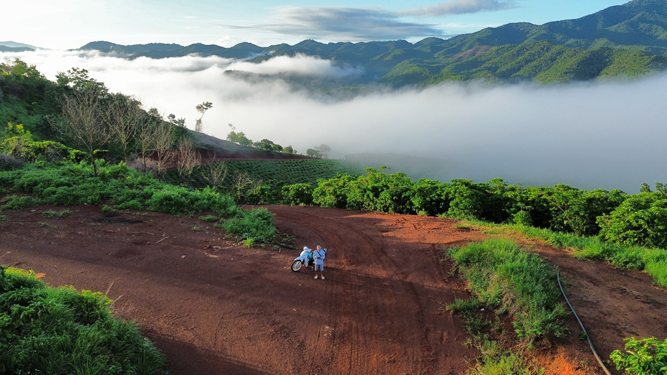
Many people are looking to buy land without a red book in Quang Khe commune, Dak G'long district, Dak Nong province.
Talking to a reporter from Nguoi Lao Dong Newspaper, Mr. Bui Cong, a real estate broker in Dak Nong province, said that in the past few months he has received "orders" from many customers asking to buy agricultural land without a red book. According to Mr. Cong, customers mainly request land with a green book (forest land), land without a red book but owned by long-time residents, or land with an extract (land boundaries have been measured and marked). "I have just brokered the sale of 2 plots of land to 2 customers in Ho Chi Minh City and Hanoi. They bought agricultural land without a book, and after buying, they had the boundary staked out immediately. They said they bought it to wait for the book when the new law is applied from August 1," Mr. Cong said.
According to Mr. Cong, forest land and agricultural land without red books are currently very cheap, only 400 - 500 million VND/ha (10,000 m2). Meanwhile, land with red books is 2-3 times higher.
"In the past, when talking about agricultural land without a certificate, everyone was afraid because they were afraid that they wouldn't be able to get the paperwork done. Only local people bought and sold it to each other for farming. Recently, many people have come to hunt and order for me to find it. Maybe they know that the new law allows for the issuance of certificates and the price of this type of land is too cheap, so they are looking to buy so much," Mr. Cong emphasized.
Similarly, Ms. Kim - an employee of a real estate brokerage company in Binh Phuoc and Tay Ninh - also said that recently many people have contacted to ask to buy large areas of land for agricultural purposes, some people even asked to buy land without a red book as long as the price is good. "Last week, my company just consulted and closed a plot of land of more than 12 hectares growing durian and some other fruit trees in Loc Ninh district, Binh Phuoc province, priced at more than 7 billion VND. Of these 12 hectares, only 3 hectares have a red book, the rest have not been registered yet" - Ms. Kim said.
A risky trend
Lawyer Nguyen Phuong Lien, SENLAW Law Firm, said that the new Land Law, which is about to take effect, will facilitate the issuance of certificates to people. However, buying land without a certificate is a risky and adventurous form of investment. People and investors need to consider the pros and cons when buying or selling land following this trend. "Land without legal documents is often much cheaper than land with state-recognized rights. But it comes with many risks, such as when buying land without legal documents, it is difficult for the buyer to verify the origin of the land, information about the land plot, and planning status. Next, because there is no land use right certificate, it is difficult for the buyer to ensure that the land is not in dispute or encroached upon, whether there is a situation of overlapping land sales and conflicts over ownership. At that time, the buyer depends on the honesty of the seller. Or the buyer will have their basic rights as a land user restricted because they cannot transfer, donate, inherit, mortgage, change land use purpose, lease... If they want to build on the land, they must also wait for the completion of procedures to apply for land use purpose conversion and issuance of land use right certificate..." - lawyer Lien analyzed.
As a person working in the real estate sector, Dr. Pham Anh Khoi, General Director of Real Estate Financial Services Company (FINA), said that only after August 1, the laws related to real estate and land business will take effect and be applied, can we assess the effectiveness of the "shortcut" decisions of some people to buy land without a red book.
"Everyone knows that agricultural land, especially land without a certificate, is very cheap. If it is granted a certificate, the price will increase many times. However, no one is sure whether that land without a certificate is subject to any planning, is in dispute, or will be considered for a certificate or not?
Agricultural land, if used for cultivation, investing in high technology for agricultural production, increasing economic efficiency, has great potential. As for those who buy agricultural land, land without a certificate to later change the purpose of use, divide the land into plots and sell it, it will be difficult and not encouraged in the Land Law and other laws related to real estate" - this expert commented.
In fact, real estate and financial experts have repeatedly recommended that people with idle money and real estate investors consider carefully before investing in real estate in remote and peripheral provinces. Before investing, it is necessary to consider economic efficiency, exploitation capacity, potential advantages, cash flow, profitability, liquidity, etc., especially foreseeable risks.
Source: https://nld.com.vn/can-trong-khi-dau-tu-dat-khong-so-do-196240702212615686.htm




![[Photo] Opening of the 11th Conference of the 13th Party Central Committee](https://vstatic.vietnam.vn/vietnam/resource/IMAGE/2025/4/10/f9e717b67de343d7b687cb419c0829a2)
![[Photo] Unique folk games at Chuong Village Festival](https://vstatic.vietnam.vn/vietnam/resource/IMAGE/2025/4/10/cff805a06fdd443b9474c017f98075a4)

![[Photo] April Festival in Can Tho City](https://vstatic.vietnam.vn/vietnam/resource/IMAGE/2025/4/10/bf5ae82870e648fabfbcc93a25b481ea)
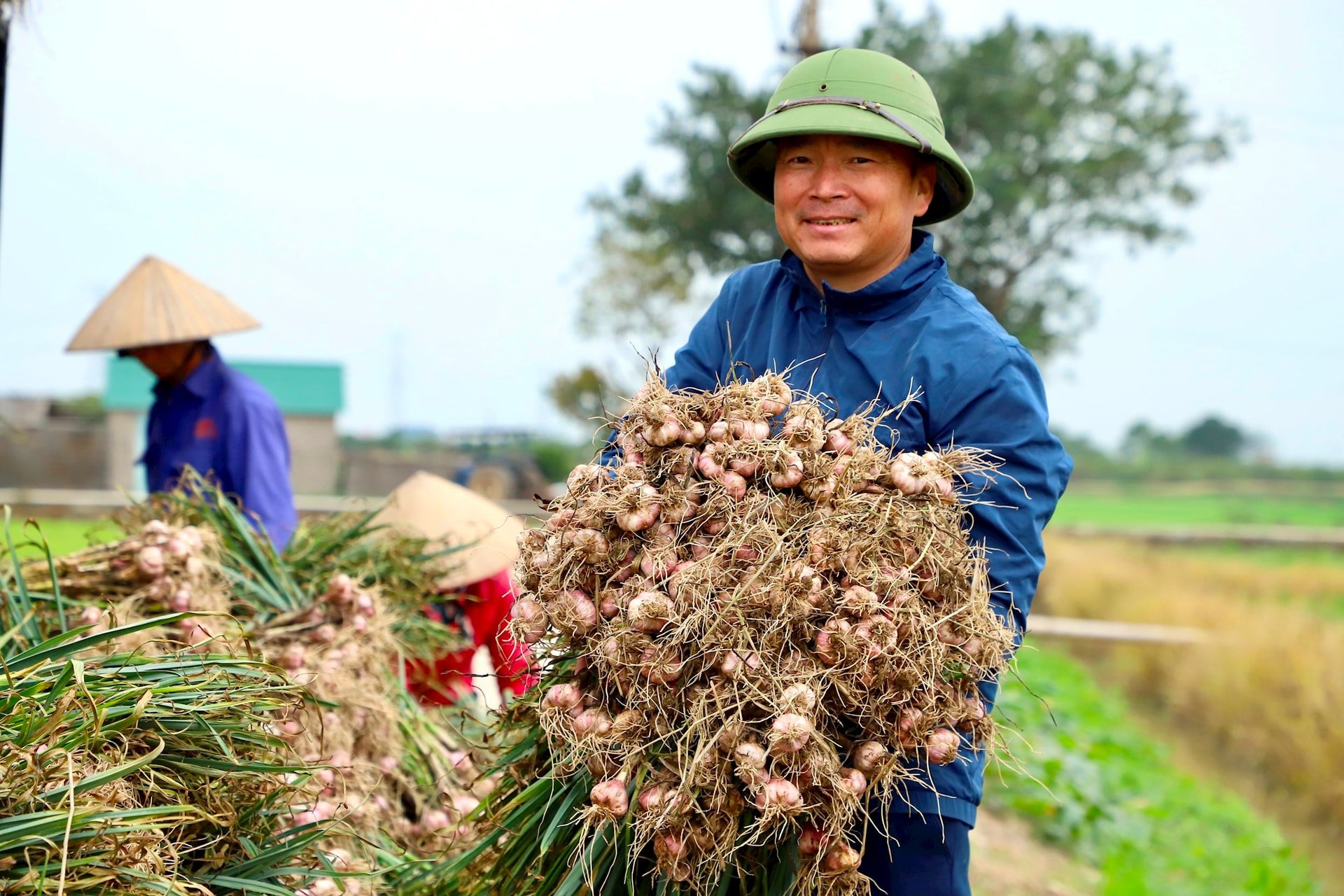





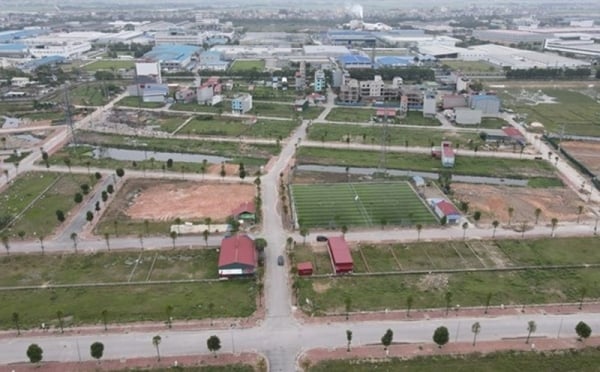
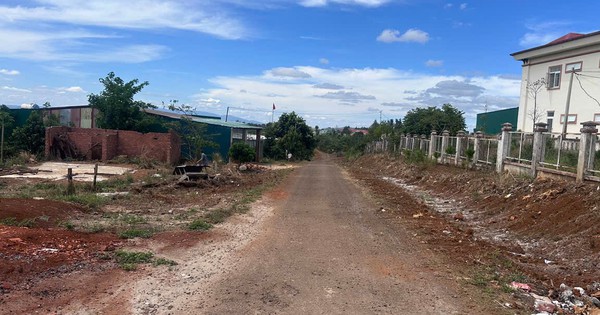


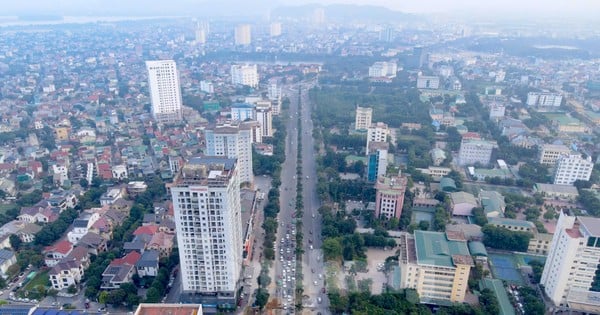
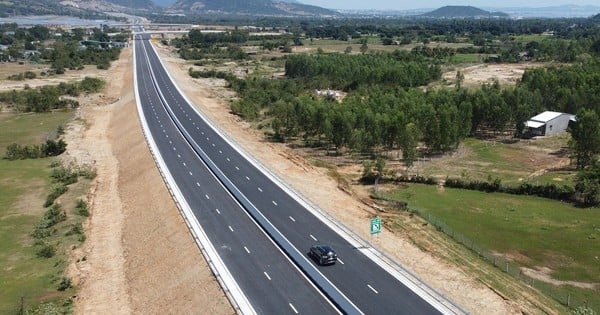
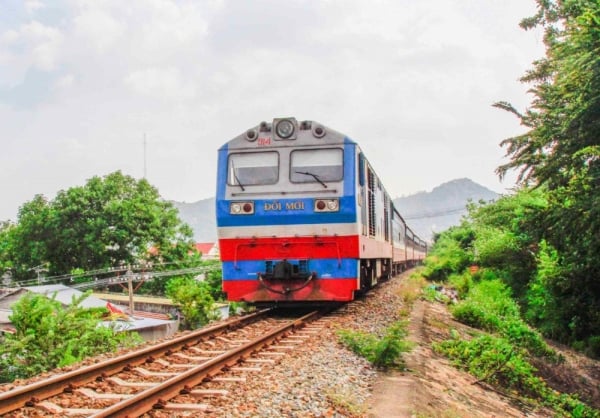
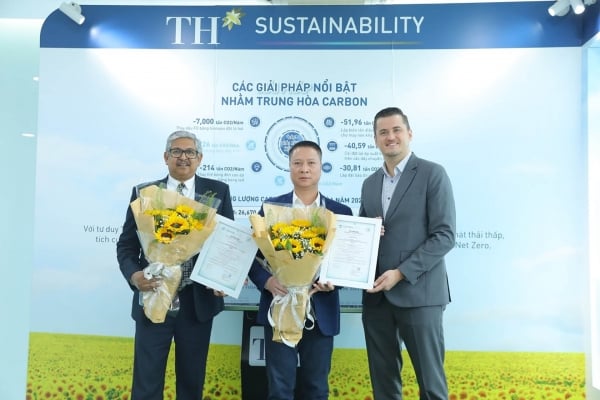










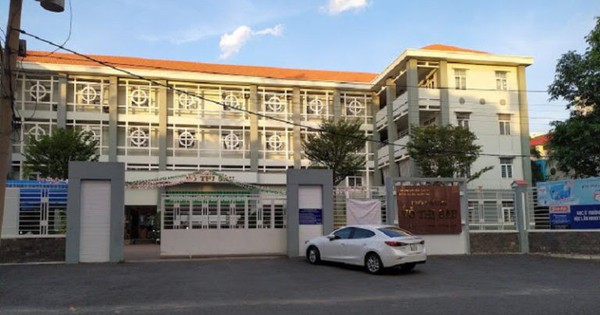
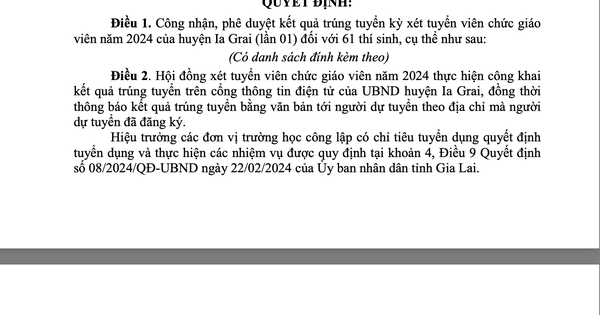








































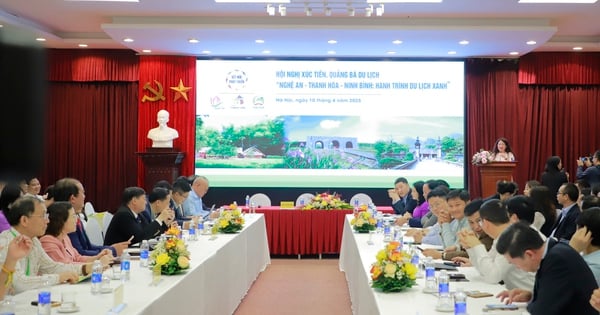

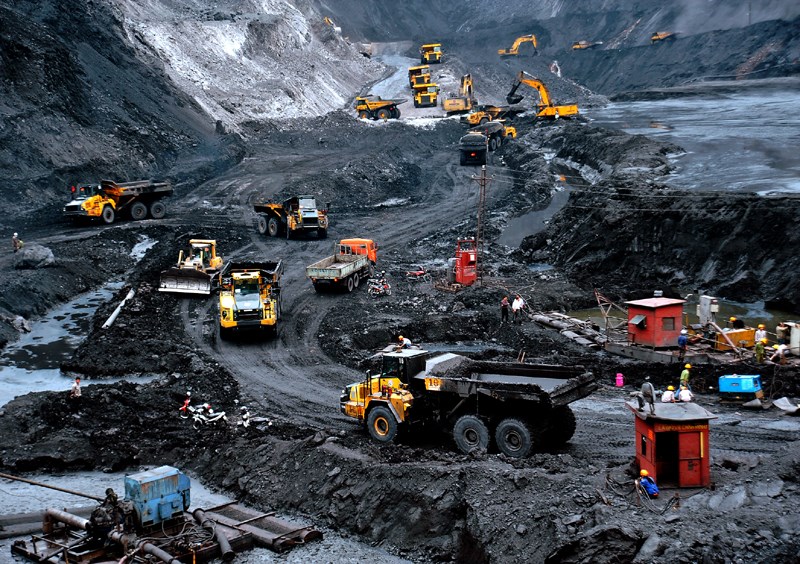



![[Infographic] Diverse activities of the 4th Dong Thap Province Book and Reading Culture Day in 2025](https://vstatic.vietnam.vn/vietnam/resource/IMAGE/2025/4/10/a5f00b7d966a475d891f3c3e528c9a66)


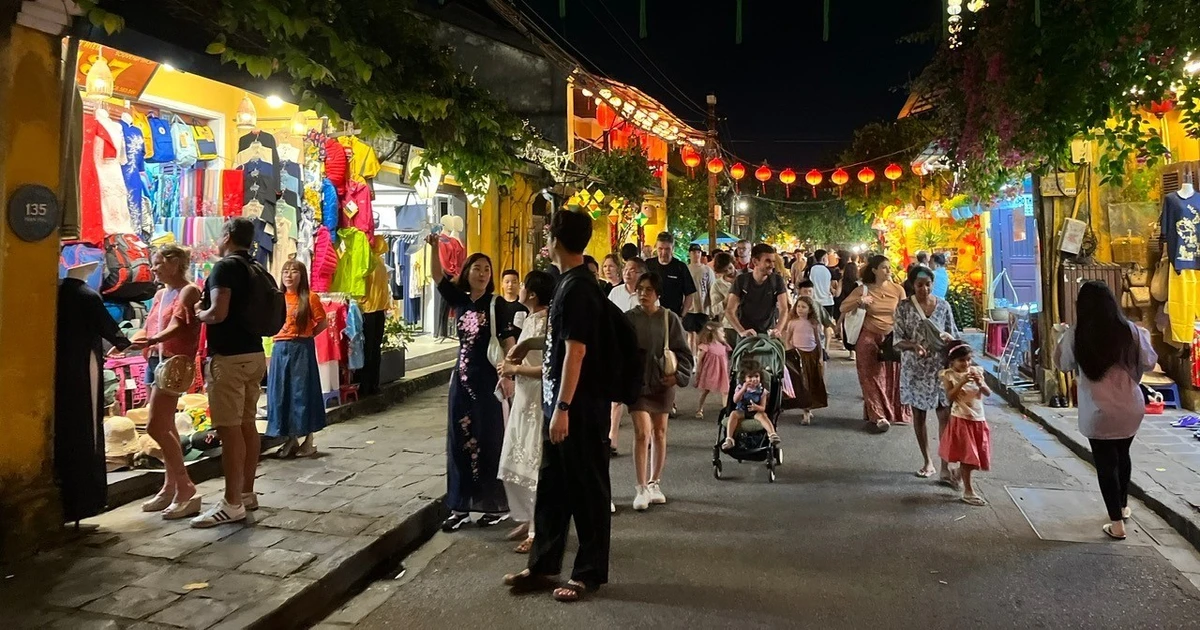




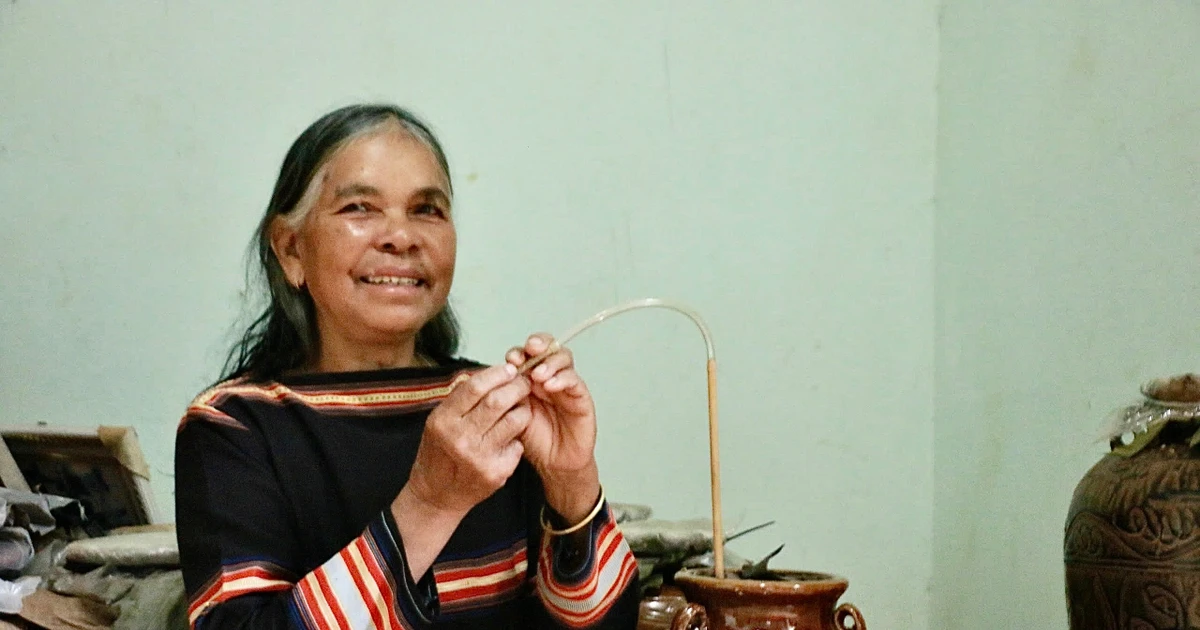








Comment (0)